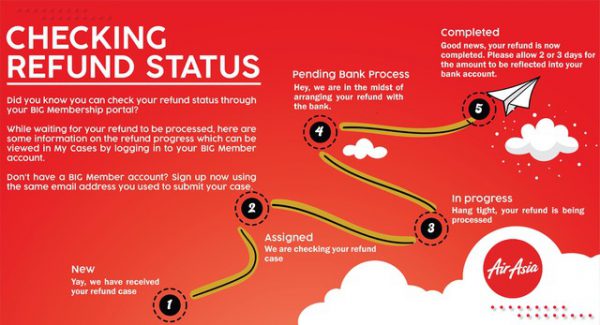CHIANG RAI, 27 April 2020: Since the Covid-19 pandemic banished us all to our homes to live under lockdown, we are inundated with promotions for webinars that promise to navigate the travel industry back from the brink to a new norm.
Most of us would settle for the old familiar normal when travel ticked along smoothly, and we all etched out a reasonable living to support our families. We watched the shutters drop on our small business enterprises back in February, and the end is still not in sight 118 days after the emergence of Covid-19.

The deluge of webinars promises to show us the way forward, but so often when we tune in to the talkfests, they fluff on the details. They avoid the obvious and concentrate on the obscure such as turning the tourism clock back to a golden era that never existed or they mull over the need to embark on expensive exercises to rebrand a national tourism campaign just for the heck of it?
I suspect we attend webinars hoping the experts can offer some old fashioned common sense to help us survive the financial storm.
Health-safe
In the Covid-19 world, common sense dictates we will travel when it is safe and when we have the spare cash. That’s what we are not addressing in webinars. The pandemic is breaking the bank for everyone, but how will we ensure health safety in order to reboot travel? A gigantic barrier called ‘health-safe’ stands in the way one we have never encountered before. It will make visa obstacles, once a pet peeve, look like child’s play.
Some wise voices in the industry recommend an out-of-the-box solution for major hotel groups. “Hotels will need to hire a doctor as a vice-president of medical security a role that will become as critical as housekeeping not only during the Covid-19 crisis but also to enable us to be prepared for the next pandemic,” said one crisis management expert.
Duty-of-care
Right now, how does the travel industry demonstrate duty-of-care to deal with the thousands of travellers stranded around the world? We are talking up recovery plans when travellers are talking repatriation and refunds. The Bangkok Post claimed last week there are 10,000 foreign tourists stranded on Samui, Phangan and Tao islands alone. It’s left to governments to rescue them. Some will argue that the governments ordered the travel bans leading to the shut down of flights that subsequently stranded possibly a million tourists across Asia so they should bear the responsibility.
But to reassure travellers, the rescue effort required assistance from travel companies to transfer passengers by land to the airports where repatriation flights were due to depart. Travel firms could have been hired by Thailand’s Ministry of Tourism and Sports to assist with land transfers; a compassionate gesture extended to tourists trapped on our shores. That kind of assistance was available during the yellow shirt lockdown of Bangkok airports in 2008. Travel firms evacuated thousands of travellers from the Thai capital and other cities to connect with repatriation flights that used Thailand’s U-Tapao airport 40 km south of Pattaya. That’s has not happened during the Covid-19 crisis. I would venture that the duty-of-care for tourists stranded by the Covid-19 lockdown was not top of the Ministry of Tourism’s agenda. Did we forget the guests in our countries caught up in this disaster who missed flights and are still waiting to go home?
Refunds or vouchers
Last week a traveller asked me why it was taking more than a month to process a refund request on AirAsia. The airline group resumes flights 1 May, but it apparently has a backlog of travellers who are still trying to secure refunds for flights in February and March. A check on Facebook showed 359 passengers posted their frustrations mainly focused on an unreliable chatbot called AVA and helplines that faltered. Similar scenarios unfold when dealing with other airlines. They scramble to convince passenger to accept vouchers instead of cash refunds.
While we can sympathise with airlines, they should meet travellers halfway and ease the rules to make the refund process more friendly or improve the voucher offer? Aviation observers present various options. Airlines could extend the voucher’s validity to two years, add frequent flyer bonus miles to the deal and make it transferable to a third party. The last option would make it possible for a voucher holder to sell the voucher to someone who needs to travel. Some voucher holders are not in the mood to travel this year. Their discretionary spending budget has been exhausted. They urgently need the cash so let them sell the travel vouchers. If the voucher offer was more attractive, the airlines might find it easier to convince passengers to drop their refund demands.
Don Ross has been writing on travel and tourism in Southeast Asia since the 1970s. He welcomes questions and discussions from readers via email to donr@ttrweekly or Twitter @donross44.








It is up most important for quick refunds over any other methods to gain public confident and impression of all airline companies. The impact is a lot greater than what airline companies and air ticket sales agencies can imagine. Traveller will choose another airline companies and air ticket sales agencies instead on thier next or all thier future flight ticket bookings as they have lost trust in them.
The most sensible article I have seen since this all began.
Thank you